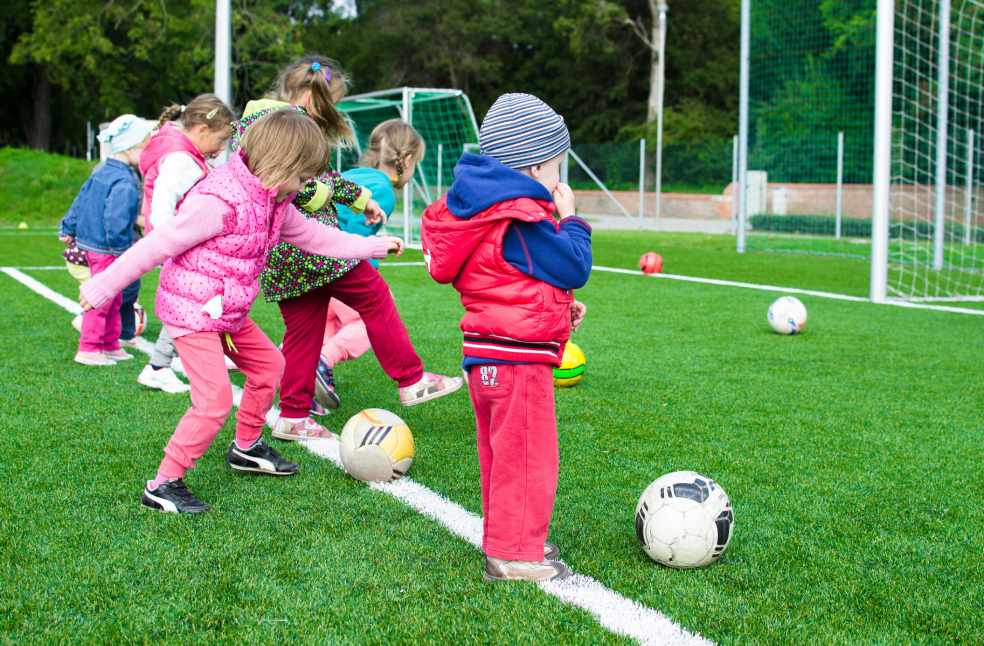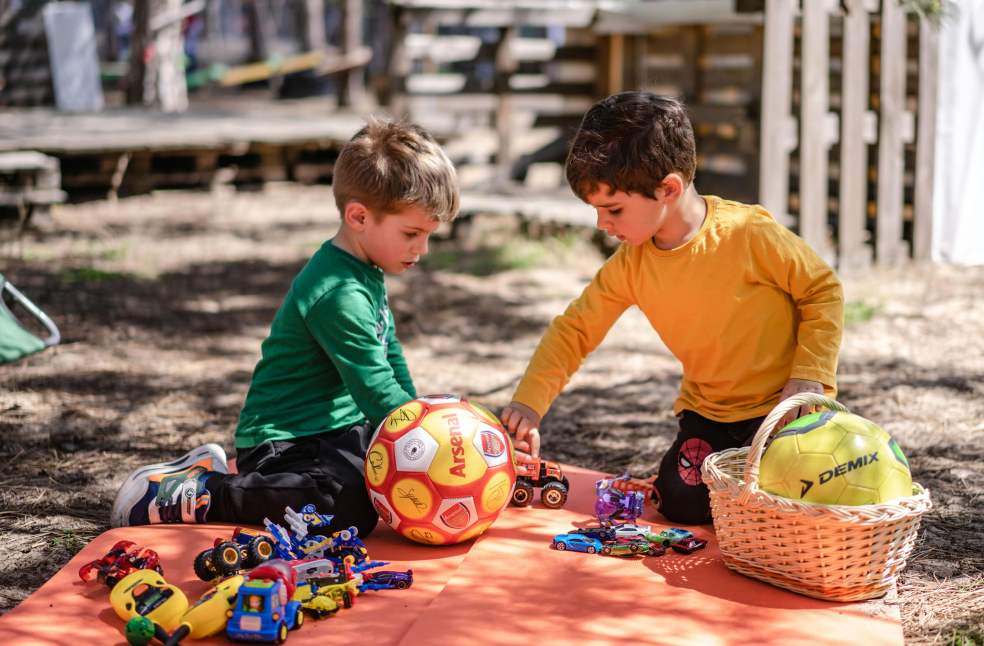England: On the International Day of Play 2025, the Raising the Nation Play Commission published its final report on childhood play, ‘Everything to Play For: A Plan to Ensure Every Child in England Can Play’, following a year-long independent inquiry.
Children across England are being driven indoors and onto screens. The new report by the Raising the Nation Play Commission warns that this trend is damaging childhood development. Experts are now calling for urgent steps to revive childhood play in England. The report also aligns with UNICEF’s 2025 International Day of Play theme, ‘Choose Play – Every Day’, which underscores the importance of making play a daily part of every child’s life.

The childhood play report reveals that outdoor play in England has declined by 50 percent in a generation. It points to a rise in traffic, fear of crime, and the spread of public spaces that make children feel unwelcome. The Commission warns that a growing ‘anti-play culture’ is keeping children indoors and increasing their reliance on digital devices.
The Commission is urging the government to introduce a National Play Strategy to protect and promote play. Key proposals include:
- A nationwide ban on ‘No Ball Games’ signs
- Requiring developers to consult children on all new housing and urban projects
- Clear government guidance to protect school playtime
- Opening school playgrounds to the public after school hours
- Raising the digital age of consent to 16
- A ban on mobile phones in schools
Paul Lindley, Chair of the Commission, stated that, “We’ve made it incredibly hard for children to play. Creating truly playful communities is not just about better street design, traffic management, and reduced crime, but also about a reversal of the growing culture of intolerance towards children playing.”
The report estimates that London has over 7,000 ‘No Ball Games’ signs, limiting play for more than half a million children. While some local councils have started to remove these signs, the report highlights the urgent need for a national approach.

Between 2012 and 2022, over 400 playgrounds were closed in England, and local park budgets have been cut. These changes have left many families without safe and accessible spaces to play.
Clare Law, a director involved in the report remarked that, “It is so important for families to have safe spaces to play. Families identify with the park. They feel a sense of ownership and they feel like it belongs to them.”
Baroness Anne Longfield from the Centre for Young Lives noted that this should provide a blueprint for how we can get children playing again and also tackle the scourge of addictive doom-scrolling.
In response to childhood play report, a government spokesperson emphasized that, “Our Plan for Change is setting young people up to achieve and thrive – both inside and outside the classroom. From July, new rules under the Online Safety Act will require social media platforms to protect children in the UK from seeing harmful content online.”



